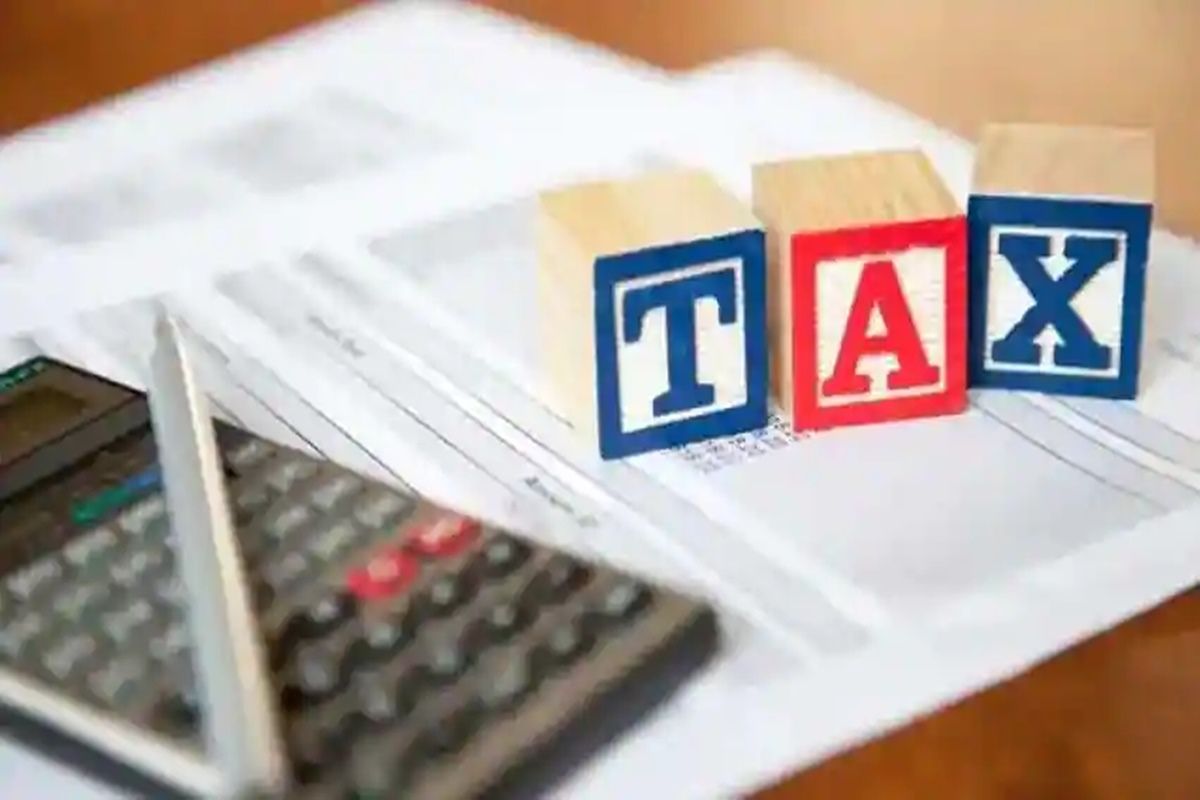
Last Day To File Income Tax Returns (ITR):What Happens If You Miss the Deadline?
As the financial year comes to an end, taxpayers across the country scramble to meet the deadline for filing their Income Tax Returns (ITR). This annual ritual is not only a legal obligation but also a crucial step in managing one's finances responsibly. However, life can be unpredictable, and despite our best intentions, sometimes we miss the tax filing deadline. In this blog, we will explore the consequences of missing the last day to file your ITR and what steps you can take to rectifyc the situation.
The Importance of Filing Income Tax Returns on Time
Filing income tax returns on time is not just a formality; it is a fundamental duty that every taxpayer must fulfill. Timely filing of ITRn ot only helps the government in assessing tax liabilities but also facilitates the smooth processing of refunds and ensures compliance with tax laws. Moreover, ITR serves as a proof of income for various financial transactions like obtaining loans, visas, or even while applying for certain jobs.
What Happens If You Miss the Deadline?
If you fail to file your ITR on or before the due date, which is typically July 31st for individual taxpayers (unless extended), you may face the following consequences:
1. Penalty and Interest: The Income Tax Department may impose a penalty for late filing under Section 234F of the Income Tax Act, 1961. As per the current provisions, the penalty can range from Rs. 1,000 to Rs. 10,000, depending on the delay. Additionally, if you have any outstanding tax dues, you might be liable to pay interest on the amount due.
2. Loss of Interest on Refunds: If you are entitled to a tax refund but miss the deadline, you may lose out on the interest that you could have earned on the refund amount. The interest on the refund starts accruing from the beginning of the assessment year (1st April) till the date of actual refund.
3. Carry Forward Losses and Deductions: Failing to file your ITR on time may lead to the loss of certain benefits like carry forward of losses or claiming deductions. For instance, losses under capital gains, business, or profession can only be carried forward if the ITR is filed within the due date.
4. Increased Scrutiny: Late filers may attract increased scrutiny from the tax authorities, leading to additional inquiries and possible audits.
Steps to Rectify the Situation
If you miss the deadline to file your ITR, all is not lost. Here's what you can do to rectify the situation:
1. File Belated Return: You can still file your ITR after the due date, and this is known as a "Belated Return." The Income Tax Act allows taxpayers to file belated returns within a specified period, usually until the end of the assessment year (31st March). However, keep in mind that you will be liable to pay the late filing penalty as mentioned earlier.
2. Pay the Applicable Penalties and Interest: To avoid further complications, make sure to pay the applicable penalty and interest along with your belated return.
3. Seek Professional Assistance: If you find the process overwhelming or if you have complex financial situations, consider seeking the help of qualified tax professionals, like the team at Taxsing, who can guide you through the process and ensure compliance with tax laws.
Filing your Income Tax Returns on time is not just a legal obligation but a responsible step in managing your finances. Missing the last day to file your ITR can lead to penalties, loss of benefits, and increased scrutiny from the tax authorities. If you've missed the deadline, don't panic. Take immediate action to file a belated return and pay the applicable penalties to rectify the situation. Remember, it's always better to file late than not file at all. Stay informed, stay compliant, and take control of your financial future.




